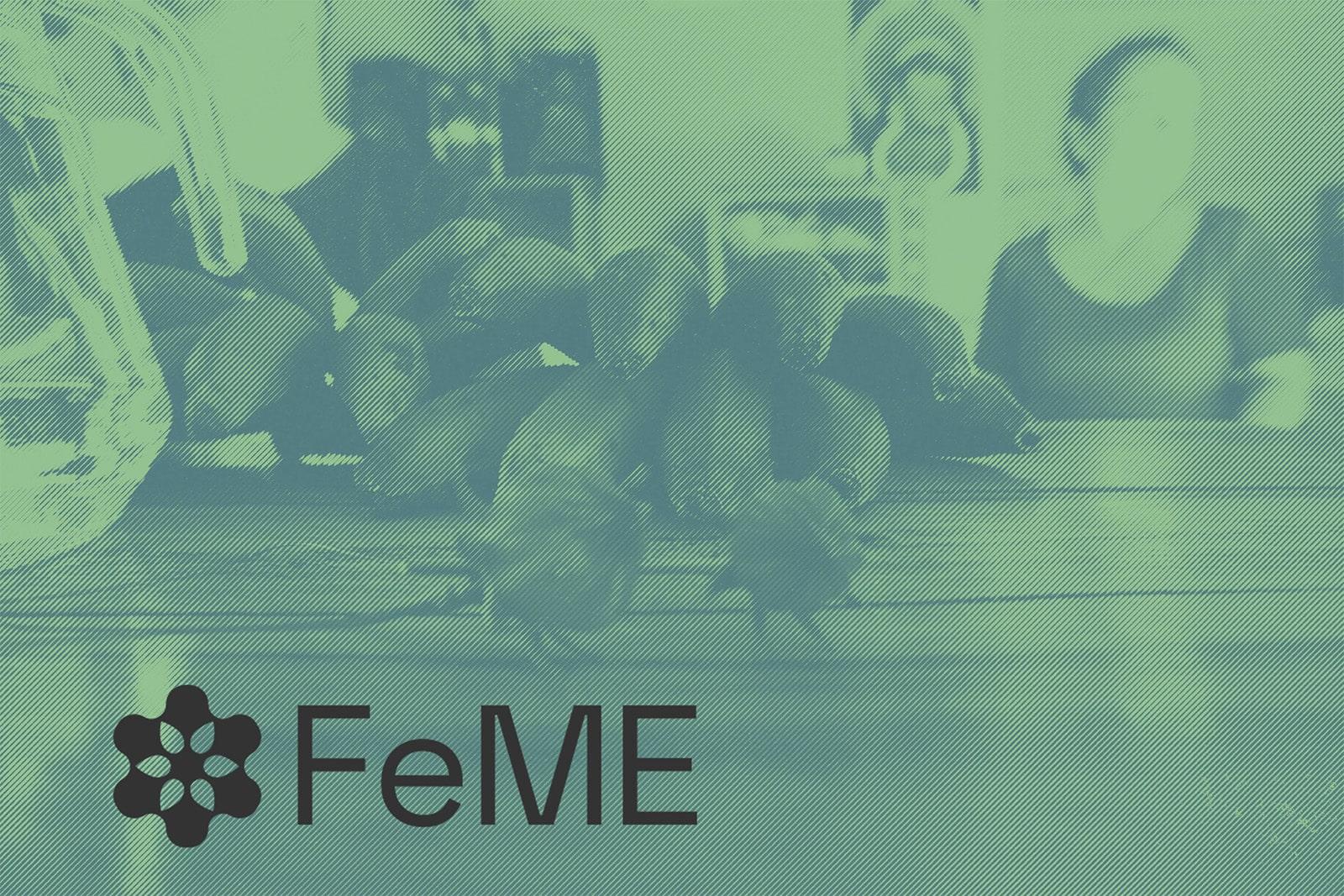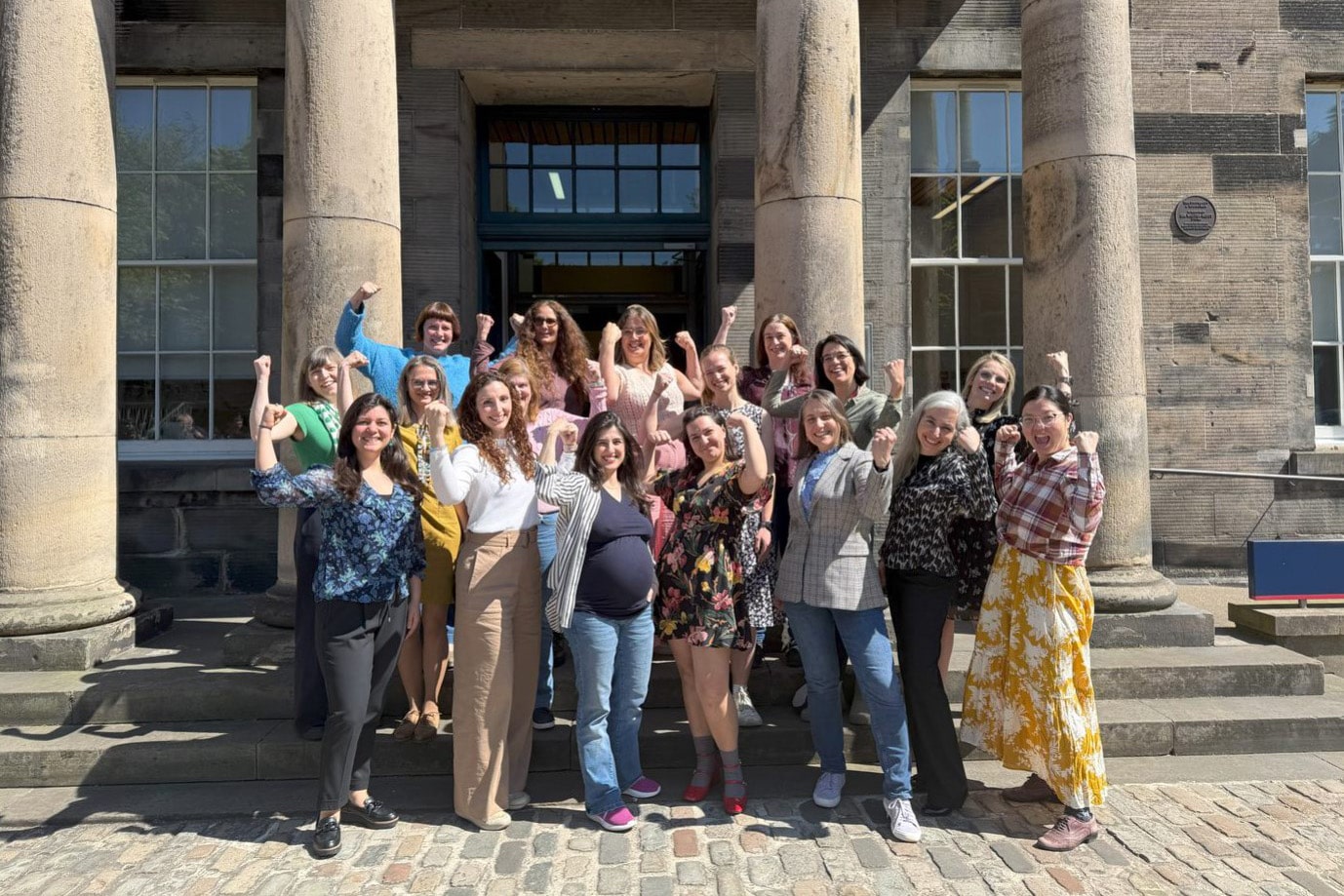FeME is a global interdisciplinary research network led by 15 women academics from the University of Edinburgh, University of Glasgow and Heriot-Watt University.
8 May 2025

FeME will tackle the failure modes of current engineering practices, particularly in relation to climate change and its impact on women, children and underrepresented groups globally. The funding is intended to help address the challenges identified in the 2022 Tomorrow’s Engineering Research Challenges (TERC) report. The project consists of six work packages (failure modes).
- FM I: Building on female talent for a more inclusive engineering profession worldwide.
- FM II: Providing engineering solutions that are socially acceptable.
- FM III: Producing globally accessible data, algorithms and skills that solve global problems.
- FM IV: Creating equitable and supportive engineering where underrepresented groups can contribute to research and innovation.
- FM V: Making interdisciplinarity happen at a global scale: bridging communication between knowledge and solution-based research.
- FM VI: Harnessing limited resources efficiently in a threatening climate.
The activities of the network will have the primary focus on Energy, Water and Transport sectors.

GST lab will be supporting the network with systems thinking expertise ensuring that various activities and strands of work are joint up. We will be leading a FM II workstream on socially-acceptable solutions. This theme was inspired by my talk on public trust and acceptance and the panel discussion at Zenzic Connected and Automated Mobility Innovation summit 2024, where this topic dominated all the discussions. In this network workstream we are going to flip the question upside down – how to get the public involved early on so that the engineered solutions for climate adaptation are trusted and accepted.
You can learn more about the network and upcoming opportunities on our website:
The project is led by Encarni Medina-Lopez in collaboration with academics from the University of Edinburgh, University of Glasgow, and Heriot-Watt University. FM II is led by Agnessa Spanellis and Marta Vignola from the University of Glasgow. The project is funded by EPSRC.